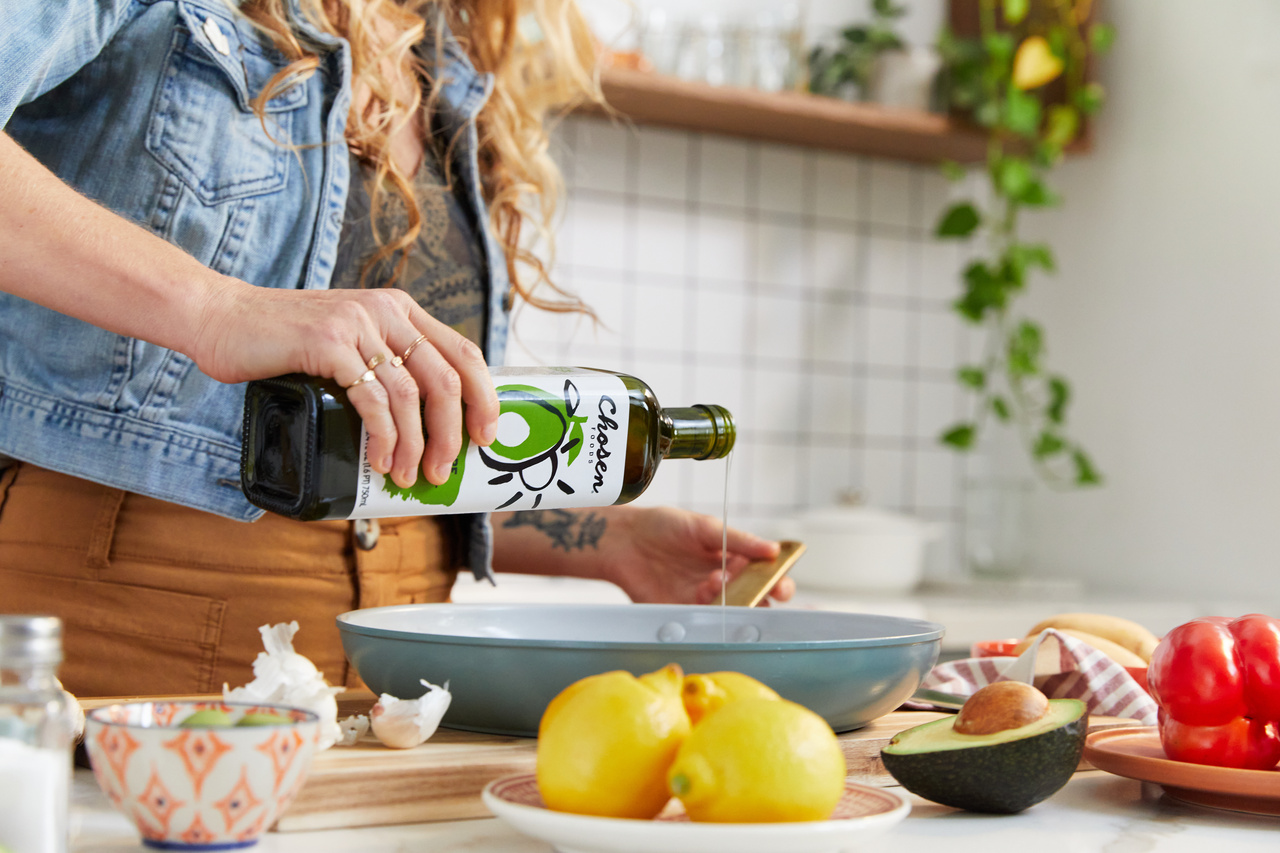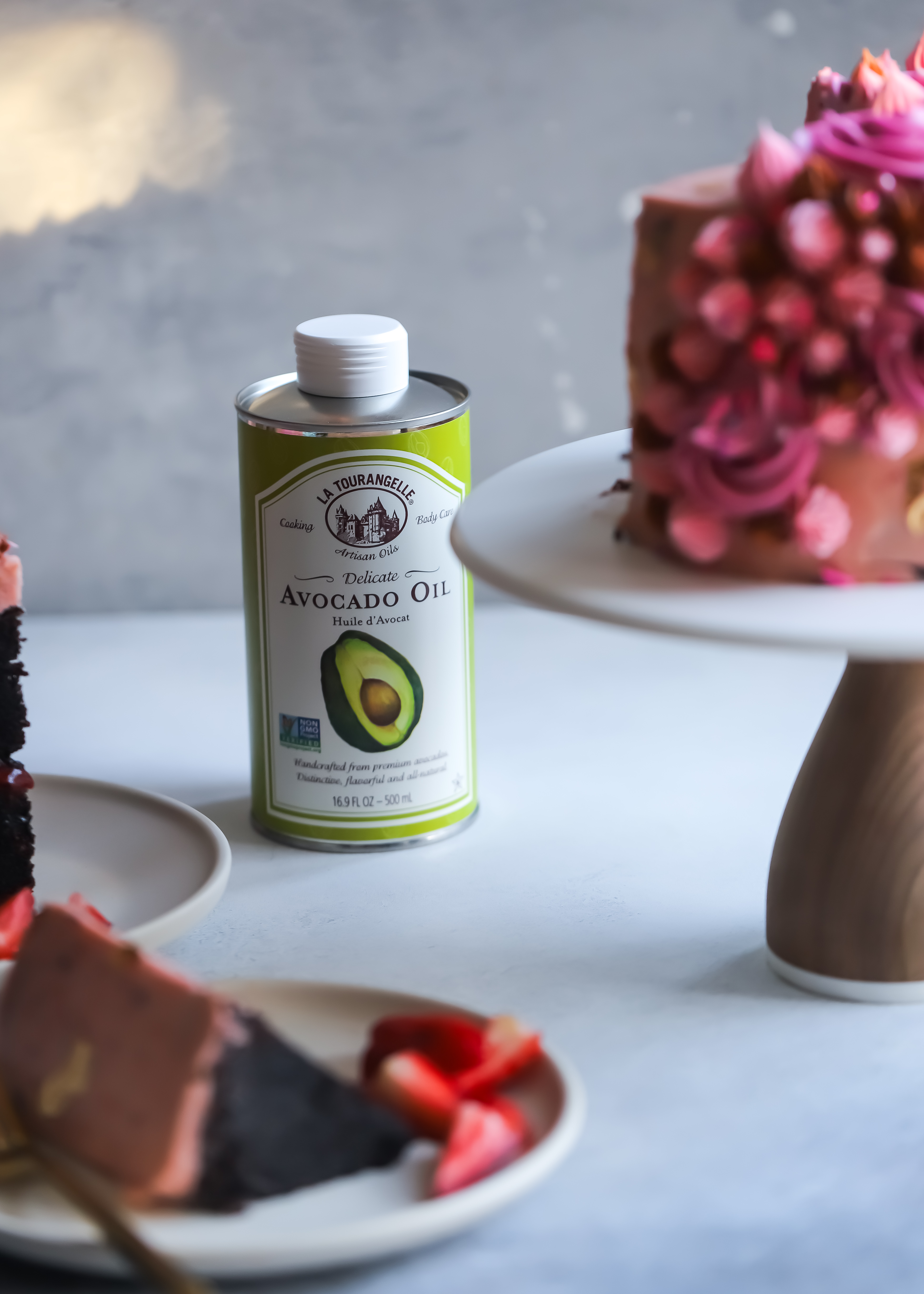Can You Substitute Avocado Oil for Vegetable Oil? A Comprehensive Guide
When it comes to cooking and baking, choosing the right oil is crucial for both flavor and health. Among the many options available, avocado oil and vegetable oil are popular choices. However, you may wonder if avocado oil can be used as a substitute for vegetable oil in various recipes. In this article, we will delve into the characteristics of both oils, explore their similarities and differences, and provide valuable insights on when and how to substitute avocado oil for vegetable oil. By the end, you'll have a clear understanding of how these oils can be interchanged while maintaining the desired taste and texture in your culinary creations.
I. Understanding Avocado Oil
Avocado oil is extracted from the flesh of ripe avocados, making it a natural and healthy option for cooking. It is rich in monounsaturated fats, which are known for their potential cardiovascular benefits.

Avocado Oil
Avocado oil has a mild, buttery flavor and a high smoke point, making it suitable for various cooking methods, including frying, sautéing, and grilling. Its nutritional profile includes vitamin E and antioxidants, offering potential anti-inflammatory properties.
II. Exploring Vegetable Oil
Vegetable oil is a term used to describe oils derived from a variety of plants such as soybean, canola, corn, or sunflower. It is typically a blend of different oils and is known for its neutral flavor and high smoke point.
Vegetable oil is versatile and commonly used in baking, frying, and salad dressings. However, it lacks the distinctive flavor and health benefits associated with oils like avocado oil.
III. Substituting Avocado Oil for Vegetable Oil
1. Understanding the Purpose:
Before substituting avocado oil for vegetable oil, consider the purpose of the oil in the recipe. If the oil's main function is to provide moisture or texture, such as in baking, the substitution may be straightforward.
However, if the oil contributes to the flavor profile, such as in dressings or certain savory dishes, the substitution should be done cautiously.
2. One-to-One Substitution:
In recipes that call for vegetable oil, you can generally substitute avocado oil in a one-to-one ratio. Both oils have similar consistencies and can be used interchangeably in most cases, without significantly altering the final outcome. Ensure that the avocado oil you use is of high quality and has a taste that complements the dish.
3. Flavor Considerations:
Avocado oil has a mild, buttery taste, which may subtly influence the flavor of the final dish. In some recipes, this can enhance the overall taste, while in others, it may clash with the intended flavors. It is advisable to experiment and adjust the amount of avocado oil based on personal preference and the specific recipe requirements.

Cooking with Avocado Oil
4. Temperature Sensitivity:
Avocado oil has a higher smoke point than many vegetable oils, making it more suitable for high-heat cooking methods. If a recipe involves deep-frying or cooking at high temperatures, substituting avocado oil can be an excellent choice to maintain the stability of the oil and prevent the development of harmful compounds.
5. Baking with Avocado Oil:
When using avocado oil as a substitute in baking, keep in mind that it may result in a slightly denser texture due to its higher fat content. This can be desirable in some baked goods, such as brownies or rich cakes, but may not work as well in delicate recipes that rely on a lighter texture.

Chocolate Avocado Oil Cake
IV. Conclusion
In summary, avocado oil can generally be substituted for vegetable oil in most recipes. Its mild flavor, high smoke point, and nutritional benefits make it an excellent alternative. However, it's important to consider the purpose of the oil in the recipe and be mindful of the potential flavor and texture alterations.
By understanding the characteristics of both oils and making informed decisions, you can confidently experiment with substituting avocado oil for vegetable oil, adding a nutritious twist to your culinary endeavors.